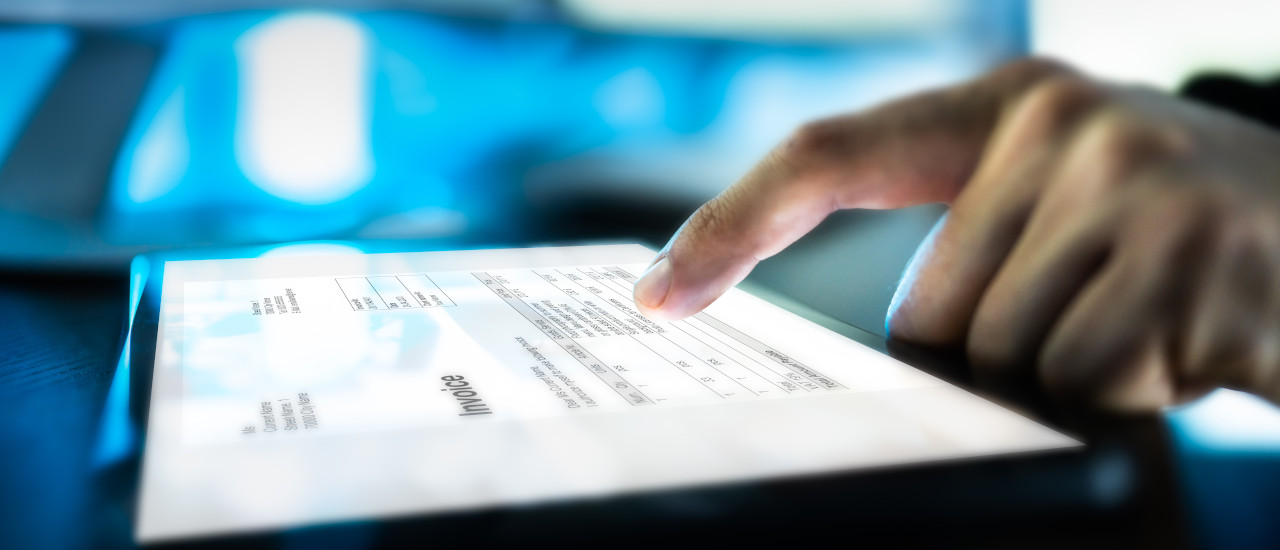
Malaysia E-Invoicing: Embracing the Digital Future
Malaysia is launching e-invoicing to modernize its tax system and streamline business transactions. Starting August 2024, the Inland Revenue Board will phase in this digital system, replacing traditional invoicing methods. The experts at ECOVIS MALAYSIA TAX SDN BHD explain what businesses need to know about this transition, including implementation timelines, benefits, and compliance requirements.
E-invoicing functions as a digital record of transactions between sellers and purchasers, replacing traditional paper or electronic documents such as invoices, credit notes, and debit notes. It includes vital details such as supplier and buyer information, item descriptions, quantity, pre-tax price, tax amount and total amount, capturing essential transaction data that is crucial for day-to-day business operations.
The Inland Revenue Board of Malaysia (IRBM) has mandated the adoption of e-invoicing through a phased approach. This staged implementation aims to strengthen Malaysia’s digital economy and enhance the efficiency of tax administration. The initiative aligns with the objectives of the Twelfth Malaysia Plan, which emphasizes the enhancement of digital service infrastructure and the digital transformation of tax processes.
Benefits of e-invoicing
Implementing e-invoicing not only improves the taxpayer experience through seamless transactions but also enhances business efficiency and promotes better tax compliance. The key benefits include:
- Minimizing manual effort and reducing human error.
- Facilitating efficient tax filing processes.
- Streamline operational efficiency within organisations.
- Digitalizing tax and financial reporting, leading to improved accuracy and transparency.
Types of transactions covered by e-invoicing
E-invoicing covers common transaction types such as Business-to-Business (B2B), Business-to-Consumer (B2C), and Business-to-Government (B2G). The e-invoicing process for B2G transactions will be similar to that for B2B transactions. This system is applicable to all taxpayers carrying out commercial activities in Malaysia.
E-invoicing aims to enhance efficiency, accuracy, and tax compliance, with support from government incentives and a transitional period for businesses.Ang Heng Ann, Tax Partner, ECOVIS MALAYSIA TAX SDN BHD
E-invoice implementation timeline
| Targeted Taxpayers | Implementation Date |
| Taxpayers with an annual turnover or revenue of more than RM100 million | 1 August 2024 |
| Taxpayers with an annual turnover or revenue of more than RM25 million and up to RM100 million | 1 January 2025 |
| All taxpayers | 1 July 2025 |
E-invoice model
There are two options available for taxpayers to choose their e-invoice transmission method:
- MyInvois portal, hosted by IRBM
- Application Programming Interface (API)
Taxpayers can choose the most appropriate method to submit e-invoices to IRBM, depending on their individual preferences and business needs.
The introduction of e-invoicing in Malaysia represents a significant step forward in the modernisation of the country’s financial and tax administration systems. By implementing e-invoicing, Malaysia aims to improve the efficiency, transparency and reliability of its business transactions and tax collection processes. This transition is in line with Malaysia’s broader goals of digital transformation and improving economic competitiveness.
Government incentive to support businesses
Effective from YA 2024 until YA 2027, the Malaysian government allows tax deduction up to RM 50,000 for expenditure incurred on environmental, social and governance (ESG) related expenditure. The implementation of e-invoicing for Micro, Small and Medium Enterprise (MSMEs) is one of the ESG related expenditure.
Six months relaxation period
The MyInvois portal will go live on 1 August 2024 without any delay, but the IRBM issued a media release on 26 July announcing a 6-month relaxation period for businesses to adapt to the e-invoicing regime. These relaxations are as follows:
- a) Allowing all activities/industries to issue consolidated e-Invoices, including self-billing e-Invoices.
- b) Allowing any transaction description to be entered in the “Product or Service Description” field.
- c) If the buyer requests an e-Invoice, the seller is also allowed to issue only a consolidated e-Invoice without issuing an e-Invoice for each transaction.
The IRBM has also assured businesses that there will be no prosecution under Section 120 of the Income Tax Act 1967 for non-compliance with the e-invoicing rules, provided that the taxpayer complies with the consolidated e-invoicing requirements.
The IRBM also recognises that taxpayers who successfully implement e-Invoicing within the specified timeframe (without using the above relaxation) will be granted a reduction in the capital allowance claim period from three (3) to two (2) years for the purchase of ICT equipment and computer software packages, effective from Year of Assessment (YA) 2024 to YA 2025.
We believe that all businesses in Malaysia will successfully implement e-invoicing and lay this as the foundation of the Tax Reform for Malaysia MADANI.
For further information please contact:
Ang Heng Ann, Tax Partner at ECOVIS MALAYSIA TAX SDN BHD
Email: hengann.ang@ecovis.com.my
Contact us:
ECOVIS Malaysia
D-10-03, Level 10, EXSIM Tower, Millerz Square @ Old Klang Road,Megan Legasi, No. 357, Jalan Kelang Lama
58000 Kuala Lumpur
Phone: +603 7986 0066
www.ecovis.com/malaysia


